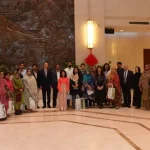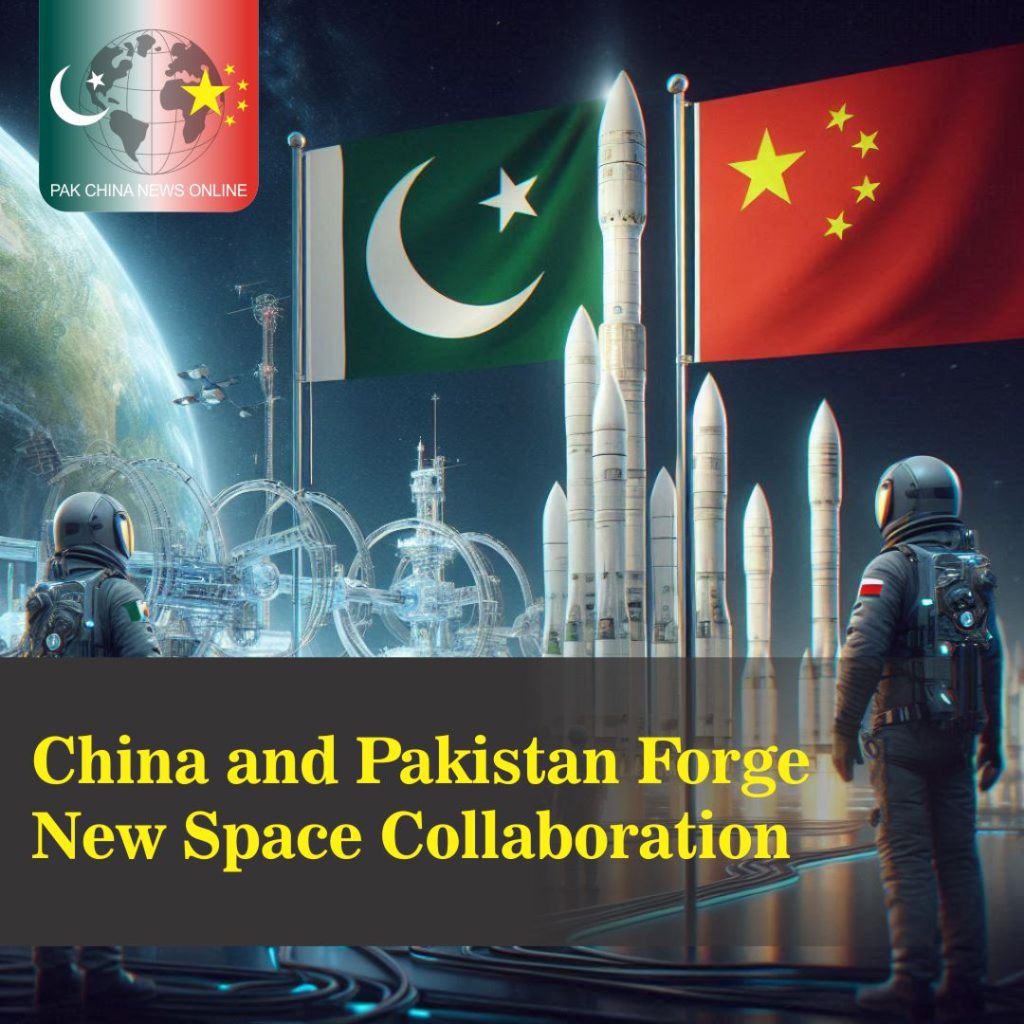In a landmark move for international space collaboration, the China Manned Space Agency has announced a program to select and train two Pakistani astronauts for future space missions. Notably, one Pakistani astronaut is slated to serve as a payload specialist aboard China’s Tiangong space station. This groundbreaking development follows a February agreement between China and Pakistan, marking the first instance of a foreign national residing on the Chinese orbital outpost.
This initiative represents a significant leap forward in space exploration for both nations. For Pakistan, the inclusion of its astronaut on an international mission signifies a pivotal achievement in its burgeoning space ambitions and underscores its commitment to strengthening scientific and technological ties with its long-standing partner, China.
Pakistan’s Prime Minister Shahbaz Sharif has expressed strong support for expanding space cooperation with China. During a recent meeting with a Chinese space technology delegation in Islamabad, he emphasized the importance of collaboration in space technology, satellite communications, and internet services. Prime Minister Sharif views China as a crucial ally in the development of Pakistan’s ambitious space sector, referring to the nation as a “very trusted friend” and “strategic partner.”
Beyond the bilateral significance, China’s space collaboration with Pakistan, exemplified by the upcoming Shenzhou-20 mission, holds broader implications for the international community, particularly the Global South.
Guided by the vision of a shared future for mankind, China’s space program, highlighted by the Shenzhou-20 endeavor, actively engages in international space exchanges and cooperation. This commitment extends to safeguarding outer space security and promoting the long-term sustainability of space activities.
Through these efforts, China aims to contribute to the protection of Earth, enhance global well-being, and advance human progress. Recognizing that the peaceful exploration, technological development, and utilization of outer space are universal rights, China advocates for global collaboration based on equality, mutual benefit, peaceful utilization, and inclusive development.
China emphasizes that its space initiatives are not solely for its own benefit. The nation upholds the central role of the United Nations in managing outer space affairs, adheres to the Outer Space Treaty, actively participates in the formulation of international space regulations, and strives for greater sustainability in space activities.
A 2022 white paper from China’s State Council Information Office, titled “China’s Space Program: A 2021 Perspective,” reveals that China has signed 46 space cooperation agreements or memoranda of understanding with 19 countries and regions and four international organizations since 2016. These partnerships aim to foster global governance of outer space and facilitate international cooperation in space science, technology, and applications through both bilateral and multilateral frameworks.










More Stories
Baluchistan youth pioneering climate change research in Shanghai